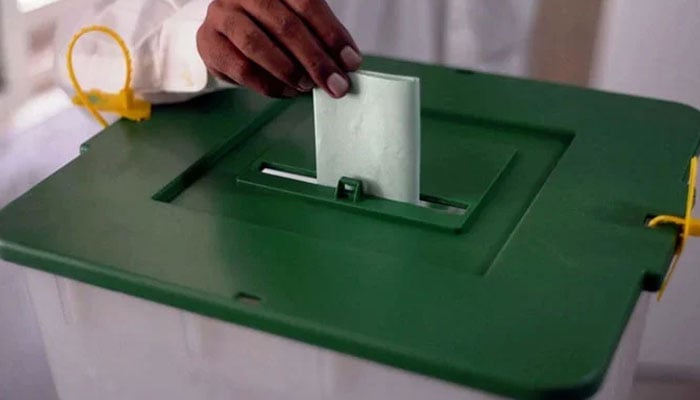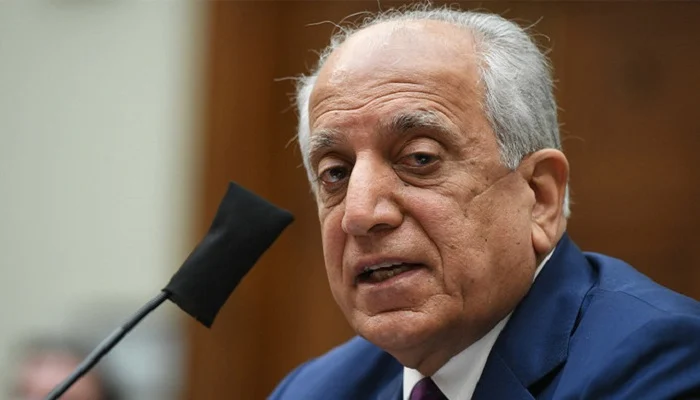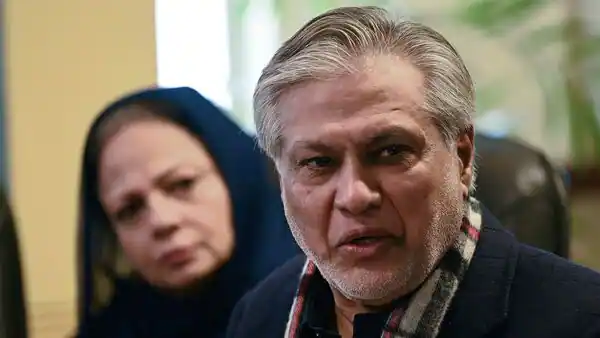Polls were delayed in 1970 due to a natural disaster and in 2007 after Benazir's assassination
 A voter is casting his vote at a polling station during by-elections in the NA-237 constituency in Karachi on October 16, 2022. — PPI
A voter is casting his vote at a polling station during by-elections in the NA-237 constituency in Karachi on October 16, 2022. — PPI
LAHORE: General elections have been delayed twice in the chequered political history of the country due to a natural calamity in 1970 and the assassination of then-chairperson Pakistan People’s Party Benazir Bhutto in 2007.
Days before the voting process for the 300 National Assembly seats on October 5, 1970, the election dates were altered through an amendment in the Presidential decree on account of unprecedented floods and cyclones in East Pakistan under Article 13 of the Legal Framework Order.
The Legal Framework Order issued by then President, General Agha Muhammad Yahya Khan, that had laid down the political principles and laws governing the 1970 general election, which was the first direct ballot exercise in Pakistan’s history.
Consequently, the elections to the 300 National Assembly seats (162 in East Pakistan and 138 in West Pakistan) were held on December 7, 1970, and citizens across the country were allowed to exercise their right of franchise for the provincial assemblies’ seats on December 17, 1970.
About 63 per cent of the approximately 56.942 million registered voters (31.21 million in East and 25.73 million in West Pakistan) had turned up to vote. The Awami League spearheaded by Sheikh Mujib-ur-Rehman had won 160 out of 162 seats in East Pakistan and took all seven women’s seats. The Awami League mustered 12.94 million popular votes or 39.20 per cent of the active electoral college.
The Zulfikar Ali Bhutto-led Pakistan People’s Party could bag 81 general and five women’s seats only—all in West Pakistan. Bhutto could manage to garner the support of 6.149 million popular votes (18.63 per cent) only.
While Pakistan Muslim League (Khan Qayyum) could win nine seats, Jamiat Ulema-e-Islam, the Council Muslim League and Jamiat Ulema-e-Pakistan returned victorious on seven seats each, Jamaat-e-Islami bagged four seats, the National Awami Party (Wali Khan) emerged victors on six seats and the Convention Muslim League could get only two seats. The rest is all history as to how mandates were not honoured and the country lost its Eastern wing, now called Bangladesh in 1971.
The second time the country saw a delay in elections was in 2008, following the assassination of the former two-time premier, Benazir Bhutto, on December 27, 2007. Pakistan’s Election Commission had to postpone elections by six weeks from January 8, 2008, to February 18, 2008.
On November 8, 2007, the-then president, General Pervez Musharraf, announced that the elections would be held by February 15, 2008, before suggesting the date of January 8, 2008. The Asif Zardari-led Pakistan People’s Party won 116 seats (30.77 per cent popular vote) in the house of 342, and Nawaz Sharif’s PML-N could stamp its authority on 88 seats (19.95 per cent popular vote).
Ch. Nisar Ali Khan was leading the PML-N then as Nawaz Sharif had just returned from exile and was not allowed to take part in polls due to disqualification by the court. Chaudhary Shujaat Hussain’s PML-Q, or the King’s Party presumably enjoying the backing of General Musharraf, found success greeting it on just 54 seats (22.97 per cent popular vote).
Around 35.2 million people voted, and a 44 per cent turnout was recorded in this ballot exercise. The PPP and PML-N initially formed a coalition government. Although punters had placed bets that (now late) Makhdoom Ameen Fahim would by Asif Zardari’s premiership candidate, the lady luckily smiled at Yousaf Raza Gillani.
Within a week, the PML-N left the coalition to lead the impeachment movement to oust General Musharraf and lead the campaign for the restoration of the judiciary to get reinstated the sacked judged Chief Justice, Iftikhar Muhammad Chaudhary.
The PPP instead formed a government with the MQM, Awami National Party, and Fazlur Rehman’s Jamiat Ulema-e-Islam. The bye-elections for 28 seats (23 provincial and five national) were delayed numerous times, with most of them held as late as June 26, 2008.








